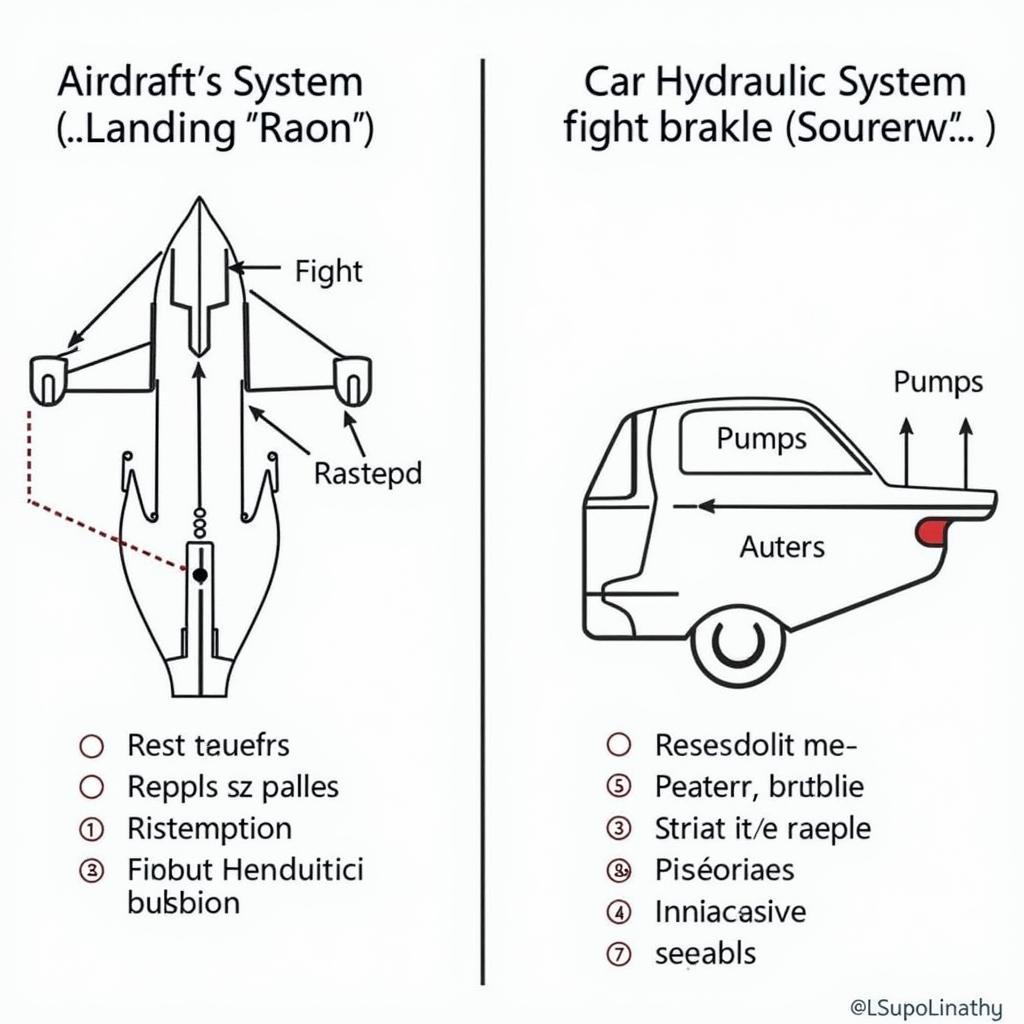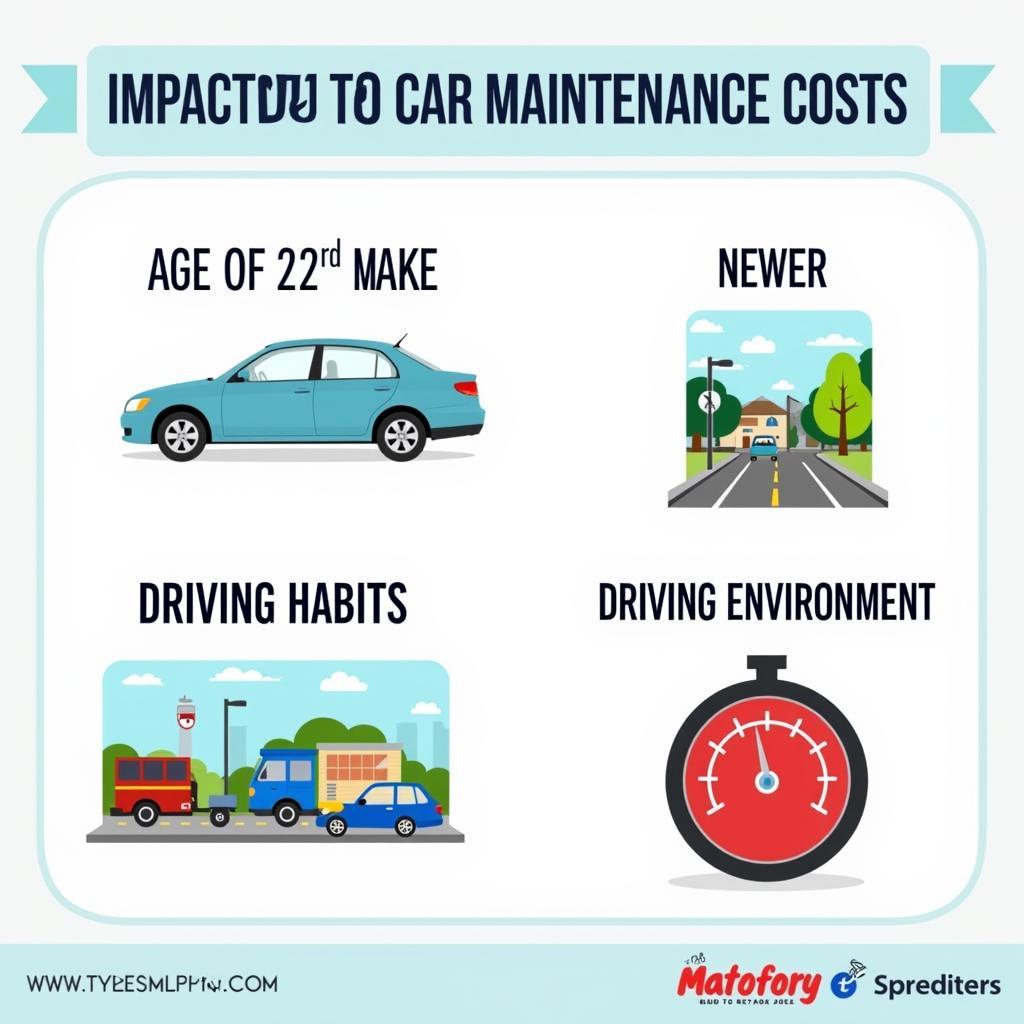From fixing ailerons to adjusting alternators, the leap from aircraft maintenance to car repair might seem smaller than you think. Many aircraft mechanics wonder, “Will I be able to repair a car after working on planes?” This article dives into the skills and knowledge you’ve gained in aircraft maintenance and how they can be applied to the automotive world.
Transferable Skills from Aircraft to Automotive Repair
Aircraft maintenance demands meticulous attention to detail, a deep understanding of complex systems, and a commitment to safety – all qualities highly valued in automotive repair. Your experience troubleshooting intricate electrical systems, hydraulics, and mechanical components translates remarkably well. Think about it: diagnosing a faulty fuel pump in a plane isn’t drastically different from diagnosing a fuel injection issue in a car. Both require systematic problem-solving and a methodical approach.
Electrical Systems Expertise
Your knowledge of aircraft electrical systems, including wiring diagrams, circuitry, and avionics, provides a strong foundation for tackling automotive electrical problems. While the specifics differ, the core principles remain the same. You’re already familiar with using multimeters, diagnosing shorts, and understanding complex electrical schematics. This makes understanding a car’s electrical system, even with its CAN bus and computer controls, much more approachable.
Mechanical Aptitude in Both Fields
Aircraft mechanics are well-versed in mechanical systems, from engines and landing gear to flight control surfaces. This experience translates directly to automotive repair, where you’ll be working with engines, transmissions, suspension systems, and brakes. Your understanding of torque, tolerances, and mechanical principles makes you well-suited to diagnose and repair mechanical problems in cars.
Hydraulics and Pneumatics Crossover
While cars generally don’t use pneumatic systems like aircraft, your understanding of hydraulic principles from working on landing gear or flight controls can still be valuable when dealing with a car’s braking system, power steering, or even automatic transmissions. The core concepts of fluid dynamics and pressure apply in both fields.
 Hydraulic Systems Comparison: Aircraft and Car
Hydraulic Systems Comparison: Aircraft and Car
Bridging the Gap: What You Need to Learn
While your aircraft maintenance background provides a solid foundation, there are some key differences between aircraft and cars. To effectively repair cars, you’ll need to familiarize yourself with automotive-specific technologies and systems.
Automotive Electronics and Diagnostics
Modern cars are heavily reliant on electronic control units (ECUs) and onboard diagnostic systems (OBD). Learning how to use OBD scanners, interpret diagnostic codes, and understand the intricacies of automotive electronics will be crucial. Fortunately, many of the diagnostic principles you’ve used in aircraft maintenance apply here.
Engine and Transmission Specifics
While the fundamental principles of internal combustion engines are similar, automotive engines and transmissions have their own unique designs and characteristics. Learning about different engine configurations, fuel injection systems, and transmission types will be necessary.
Automotive-Specific Tools and Equipment
You’ll need to familiarize yourself with automotive-specific tools and equipment, such as tire changers, wheel balancers, and alignment machines. While some tools may overlap with your aircraft toolkit, others will be entirely new.
Will I Be Able to Repair a Car After Aircraft Maintenance? Absolutely!
With your background in aircraft maintenance, you possess a wealth of transferable skills and knowledge. By supplementing your existing expertise with automotive-specific training, you’ll be well-equipped to transition to car repair. The attention to detail, problem-solving abilities, and understanding of complex systems you’ve honed in the aviation industry are invaluable assets in the automotive world.
Need help with your car? Reach out to the experts at Autotippro!
Phone: +1 (641) 206-8880
Office: 500 N St Mary’s St, San Antonio, TX 78205, United States
FAQs
- Do I need a separate certification for car repair after aircraft maintenance? Yes, automotive repair typically requires specific certifications. Check with your local authorities for the requirements in your area.
- What’s the best way to learn about automotive-specific systems? Vocational schools, online courses, and hands-on training programs offer excellent opportunities to learn about car repair.
- Are aircraft mechanics in demand in the automotive industry? Yes, skilled mechanics are always in demand, and your aircraft maintenance background can give you a competitive edge.
- Is the pay comparable between aircraft and car repair? Salaries can vary depending on location and experience, but skilled mechanics in both fields can earn competitive wages.
- What are some common entry-level positions for aircraft mechanics transitioning to car repair? Entry-level positions could include apprentice mechanic, technician assistant, or lube technician.
- What are some resources for finding automotive repair jobs? Online job boards, automotive repair shops, and networking with industry professionals are great places to start.
- How can AutoTipPro help me with my car repair needs? We offer expert advice and assistance with a wide range of car repair issues. Give us a call or visit our office!





Leave a Reply